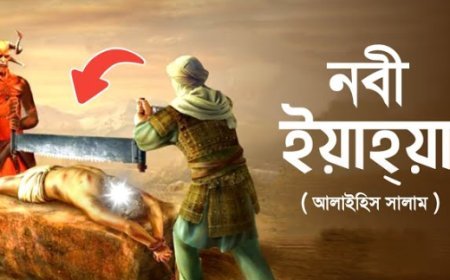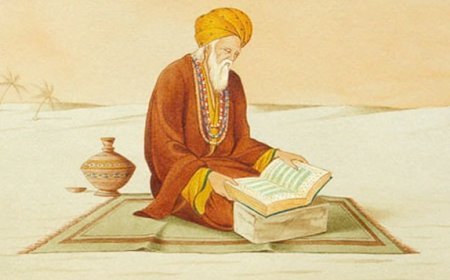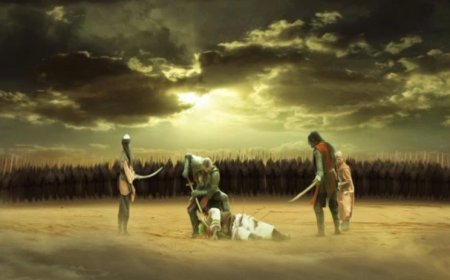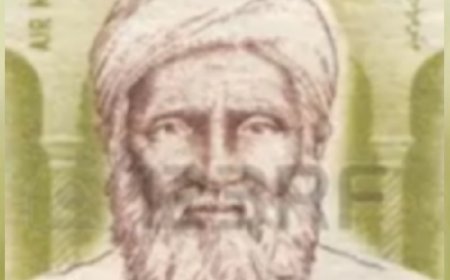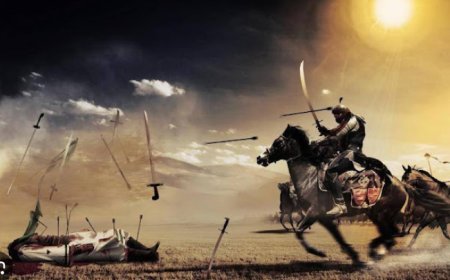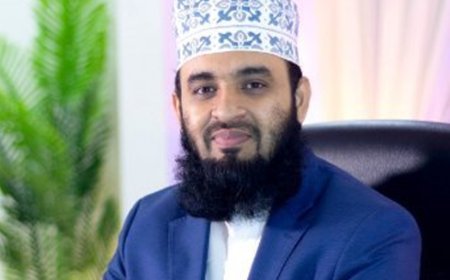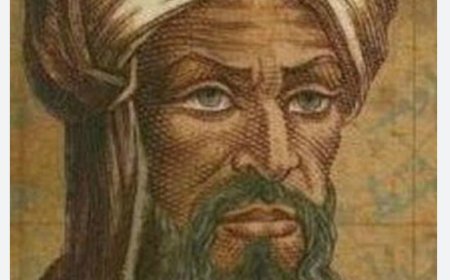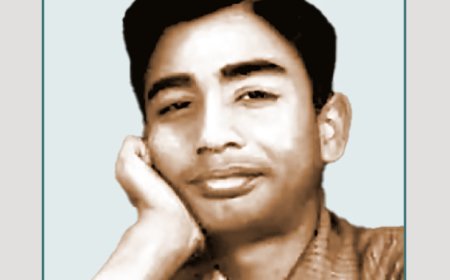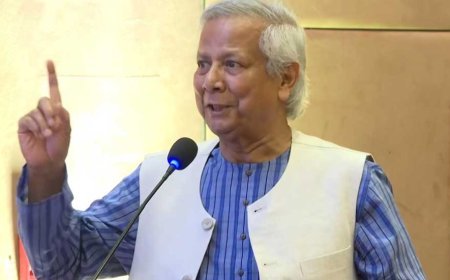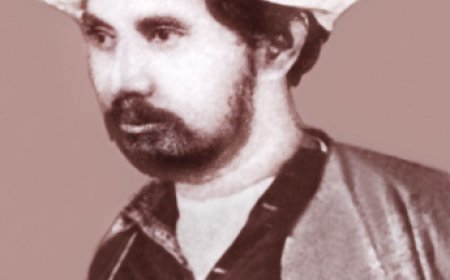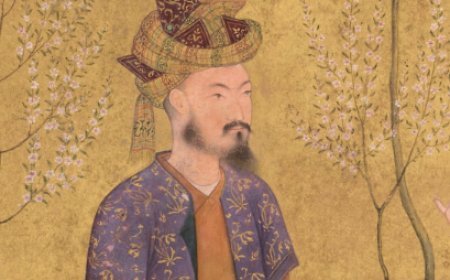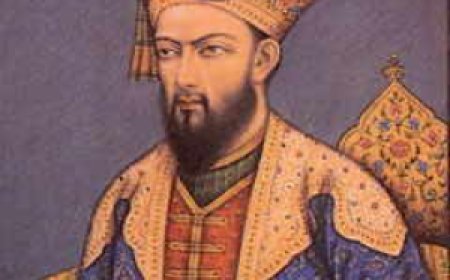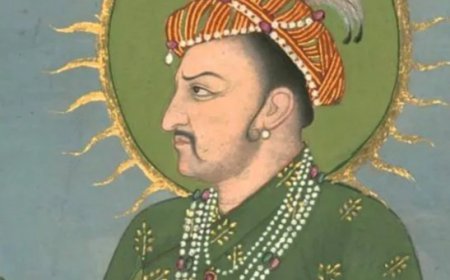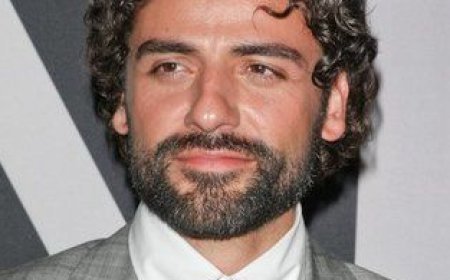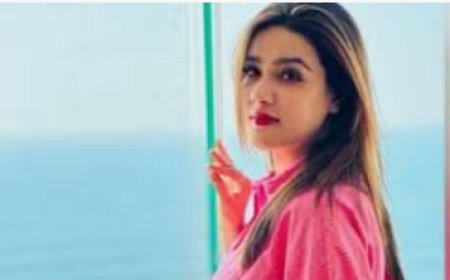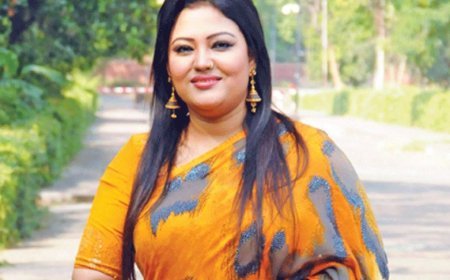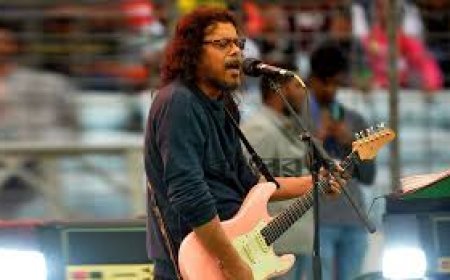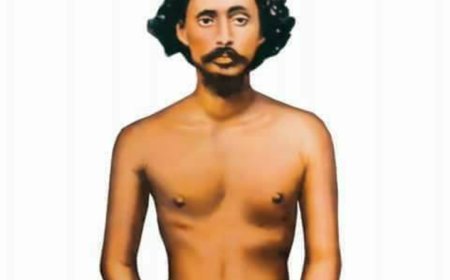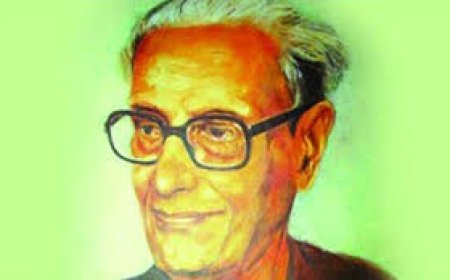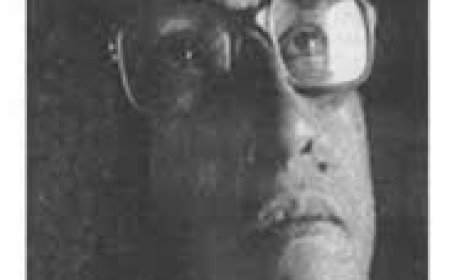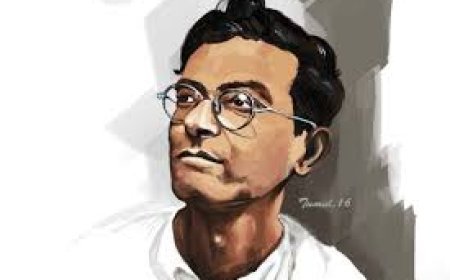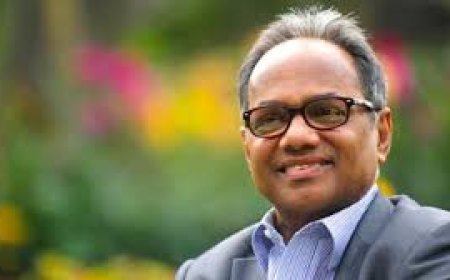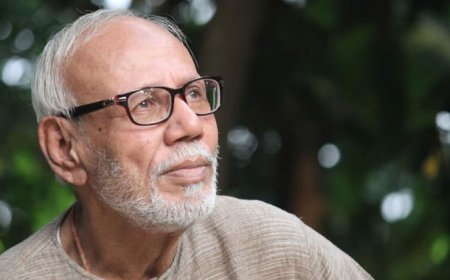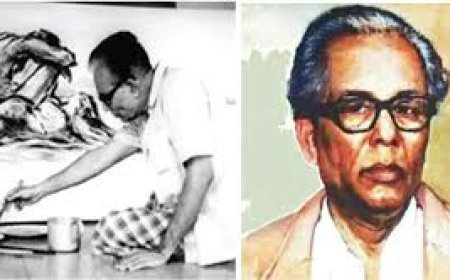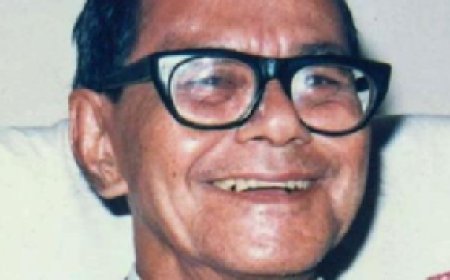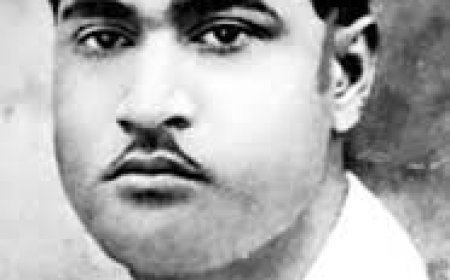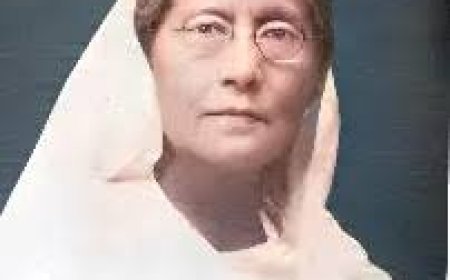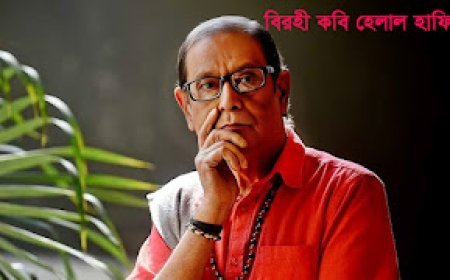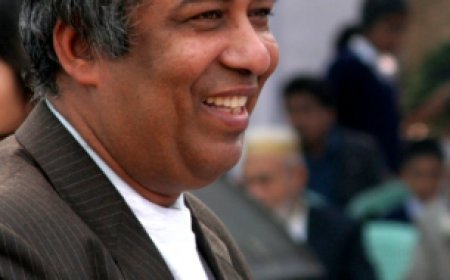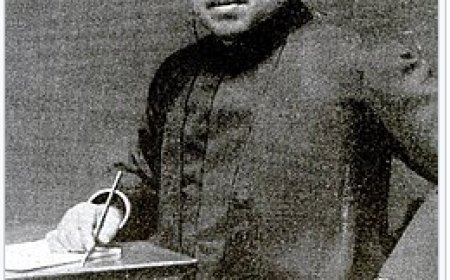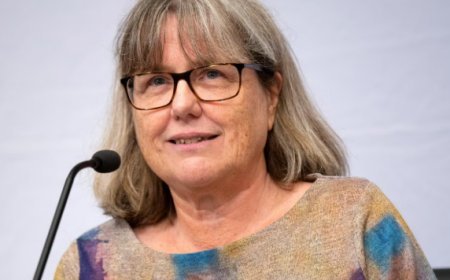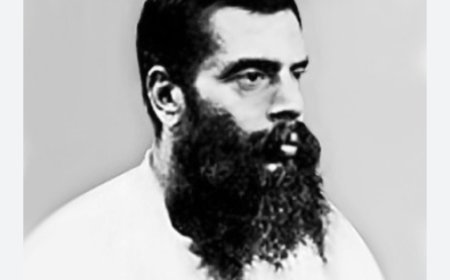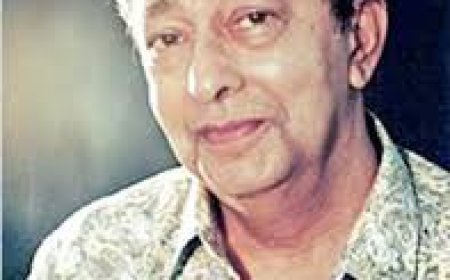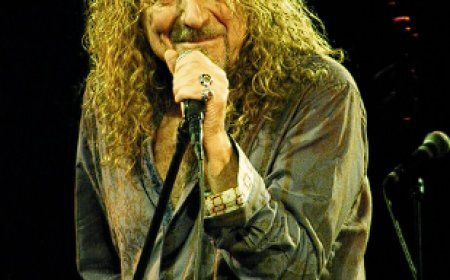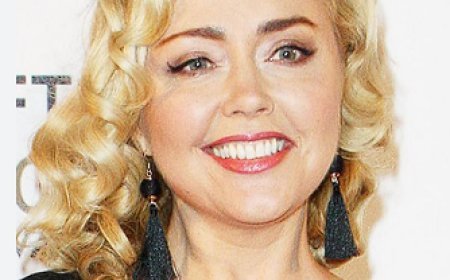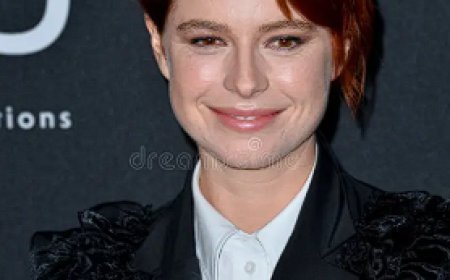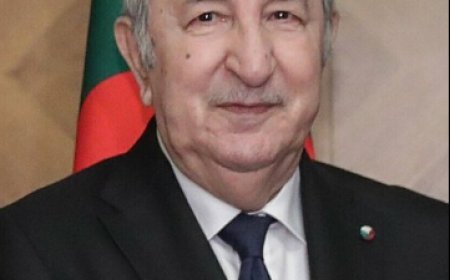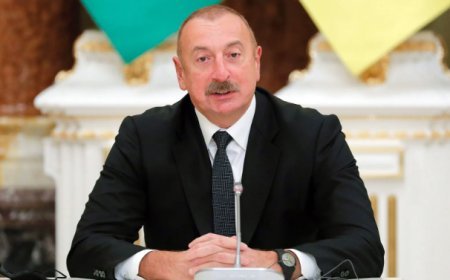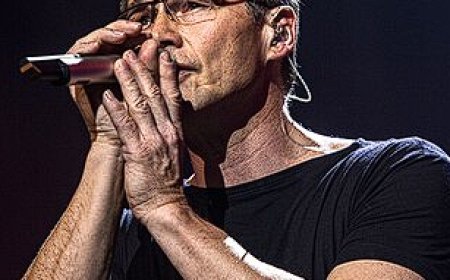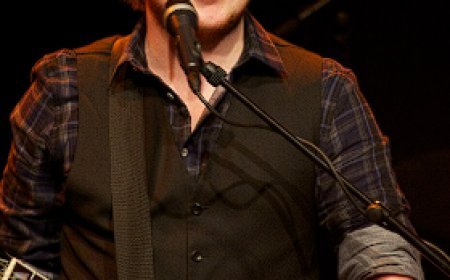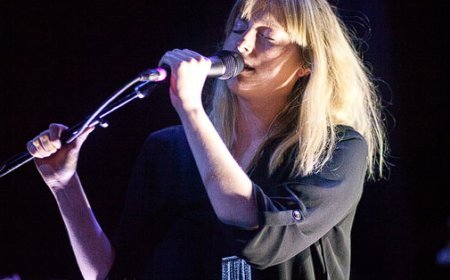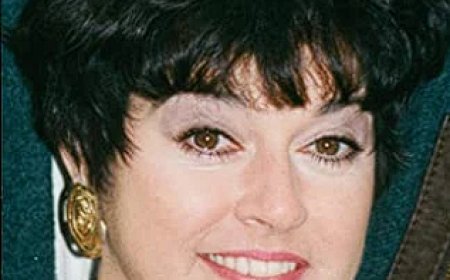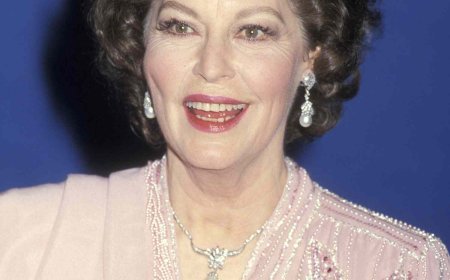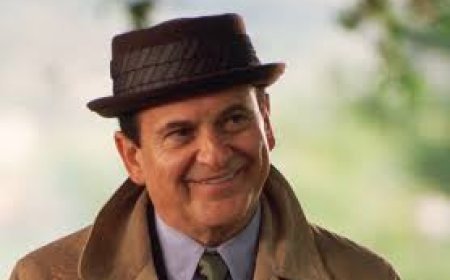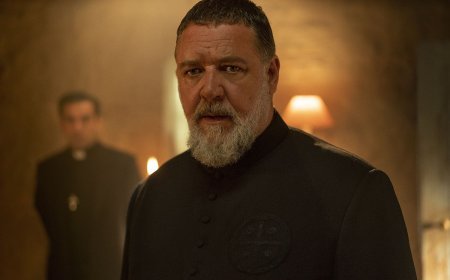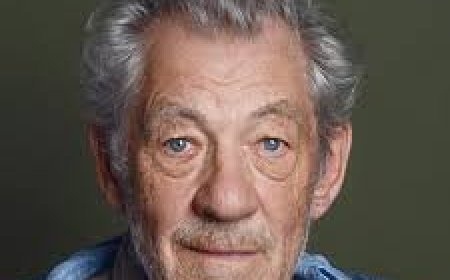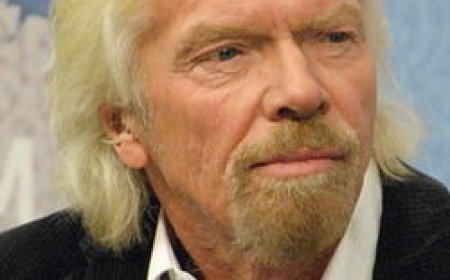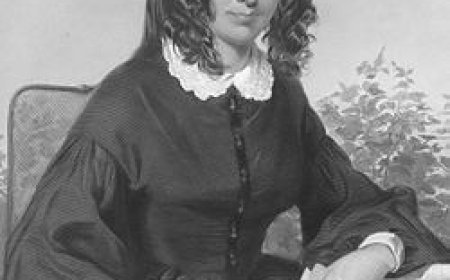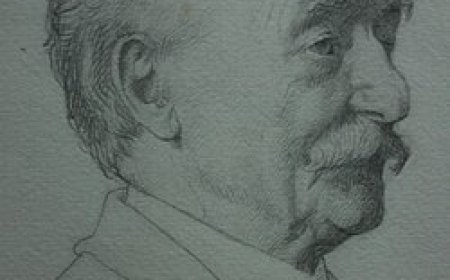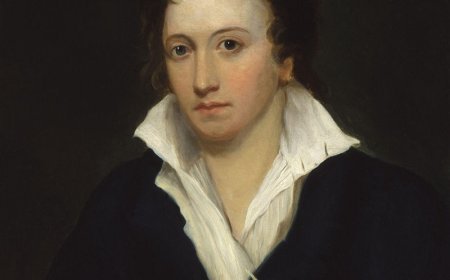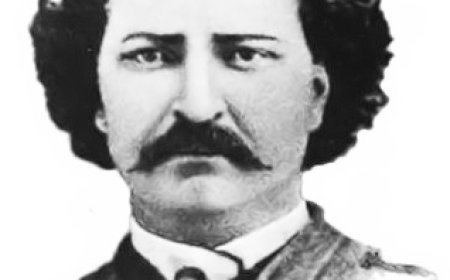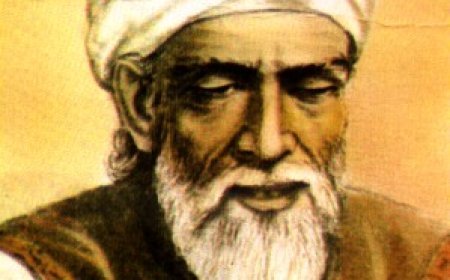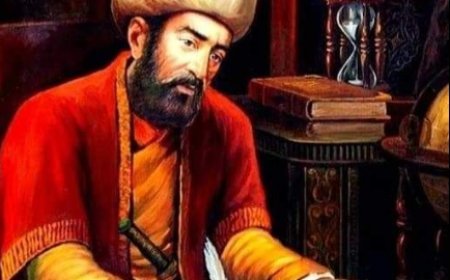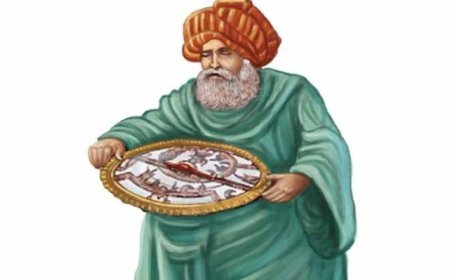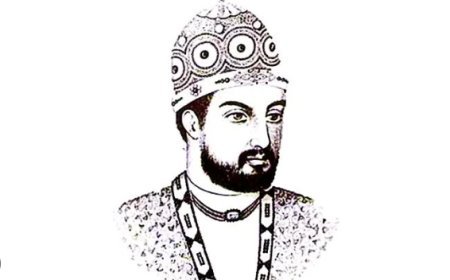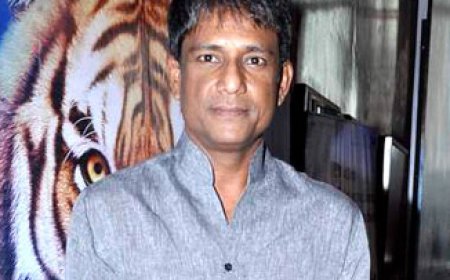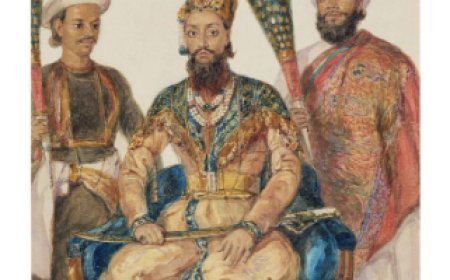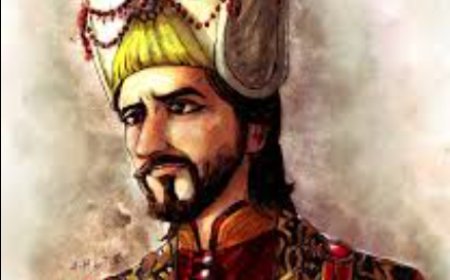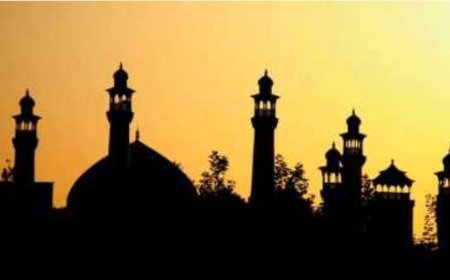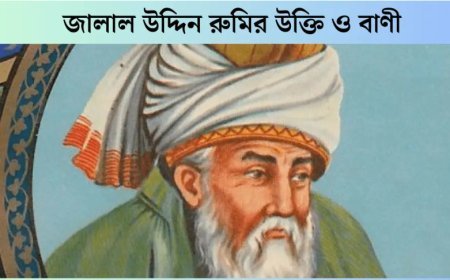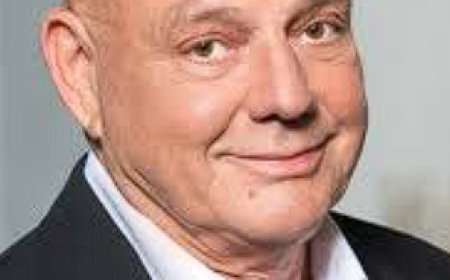biography of Maximilian Schell
biography of Maximilian Schell

|
Schell in 1970
|
|
| Born | 8 December 1930 Vienna, Austria
|
|---|---|
| Died | 1 February 2014 (aged 83) Innsbruck, Austria
|
|
Citizenship |
Switzerland |
| Occupations |
|
|
Years active |
1955–2014 |
| Spouses |
Natalya Andreychenko
(m. 1985; div. 2005)Iva Mihanovic
(m. 2013) |
|
Children |
1 |
|
Relatives |
Maria Schell (sister) |
Maximilian Schell
(8 December 1930 – 1 February 2014) was a Swiss actor. Born in Austria, his parents were involved in the arts and he grew up surrounded by performance and literature. While he was still a child, his family fled to Switzerland in 1938 when Austria was annexed by Nazi Germany, and they settled in Zürich. After World War II ended, Schell took up acting and directing full-time.
Schell won the Academy Award for Best Actor for playing a lawyer in the legal drama Judgment at Nuremberg (1961). He was Oscar-nominated for playing a character with multiple identities in The Man in the Glass Booth (1975) and for playing a man resisting Nazism in Julia (1977). Fluent in both English and German, Schell earned top billing in a number of Nazi-era themed films. He acted in films such as Topkapi (1964), The Deadly Affair (1967), Counterpoint (1968), Simón Bolívar (1969), The Odessa File (1974), A Bridge Too Far (1977), and Deep Impact (1998).
On television, he received two Primetime Emmy Award nominations for the NBC film Miss Rose White and the HBO television film Stalin (1992), the later of which earned him the Golden Globe Award for Best Supporting Actor – Series, Miniseries or Television Film. He also portrayed Otto Frank in the TV film The Diary of Anne Frank (1980), the Russian emperor Peter the Great in the NBC series Peter the Great (1986), Frederick the Great in the British series Young Catherine (1991), and Brother Jean le Maistre in the miniseries Joan of Arc (1999).
Schell also performed in a number of stage plays, including a celebrated performance as Prince Hamlet.[2] Schell was an accomplished pianist and conductor, performing with Claudio Abbado and Leonard Bernstein, and with orchestras in Berlin and Vienna. His elder sister was the internationally noted actress Maria Schell; he produced the documentary tribute My Sister Maria in 2002.
Early life and education
Schell was born in Vienna, Austria, the son of Margarethe (née Noe von Nordberg), an actress who ran an acting school, and Hermann Ferdinand Schell, a Swiss poet, novelist, playwright, and pharmacy owner. His parents were Roman Catholic.
Schell's father was never enthusiastic about young Maximilian becoming an actor like his mother, feeling that it could not lead to "real happiness". However, Schell was surrounded by acting in his early youth:
I grew up in a theatre atmosphere and took it for granted. I remember the theatre, as a child, the way most people remember their mother's cooking. Acting was all around me, and so was poetry. I made my debut in the theatre at the age of three, in Vienna . . .
The Schell family fled from Vienna in 1938 to get "away from Hitler" after the Anschluss, when Austria was annexed by Nazi Germany. They resettled in Zürich, Switzerland.
In Zürich, Schell "grew up reading the classics" and, when he was ten, wrote his first play. Schell recalls that as a child, growing up surrounded by the theatre, he took acting for granted and did not want to become an actor at first: "What I wanted was to become a painter, a musician, or a playwright," like his father.
Schell later attended the University of Zurich for a year, where he also played soccer and was on the rowing team, along with writing for newspapers as a part-time journalist for income. Following the end of World War II, he moved to Germany where he enrolled in the University of Munich and studied philosophy and art history. During breaks, he would sometimes return home to Zürich or stay at his family's farm in the country so he could write in seclusion: My father and my uncle hunt deer there, but I do not like to hunt. I like to walk through the forest by myself. In 1948 and 1949, when I wrote part of my first novel, which I have never shown to anyone, I isolated myself in one of the hunting cabins for three months, without a telephone, without electricity, with heat only from a large open fireplace.
Schell then returned to Zürich, where he served in the Swiss Army for a year, after which he attended the sixth form of University College School, London, for one year before re-entering the University of Zurich for another year, and later, the University of Basel for six months. During that period, he acted professionally in small parts, in both classical and modern plays, and decided that he would from then on devote his life to acting rather than pursue academic studies: I then decided, either you are a scientist or an artist. . . . To me it is much more important . . . to admire and feel and be stimulated and inspired. . . Artcomes out of chaos, not out of a mechanical analyzing. So as soon as I made up my mind, there was no sense any more in continuing to study and ingetting a degree. It is like an award; it does not mean anything in itself. . . . A university degree is just a title. I don't think an artist should have a title. Itwas time for me to concentrate on acting.
Schell began acting at the Basel Theatre.
His elder sister Maria Schell was also an actor, as were their siblings, Carl (1927–2019) and Immaculata "Immy" Schell (1935–1992).
mini bio :
What's Your Reaction?
 Like
0
Like
0
 Dislike
0
Dislike
0
 Love
0
Love
0
 Funny
0
Funny
0
 Angry
0
Angry
0
 Sad
0
Sad
0
 Wow
0
Wow
0


